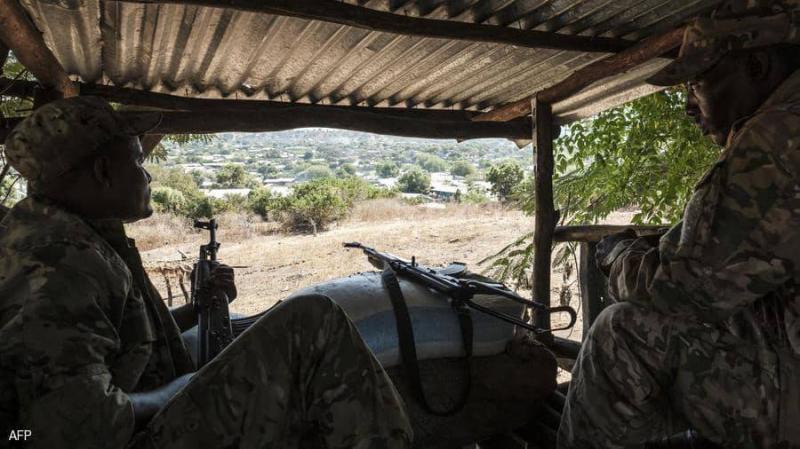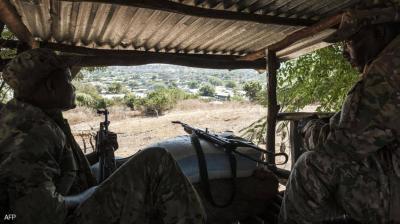U.S. Special Envoy Jeffrey Feltman reiterated on Monday the United States' serious concern over the escalation of conflict and the risk of violence among factions in Ethiopia, encouraging all parties to engage in dialogue to cease hostilities.
A statement from the U.S. State Department mentioned that Feltman traveled to Addis Ababa from November 4 to 7, where he met with Prime Minister Abiy Ahmed Ali, Deputy Prime Minister and Foreign Minister Demeke Mekonnen Hasson, Defense Minister Abraham Belay, and Finance Minister Ahmed Shide. He also met with African Union High Representative and former Nigerian President Olusegun Obasanjo, African Union Commission Chairperson Moussa Faki Mahamat, United Nations Under-Secretary-General Martin Griffiths, other international partners, and government leaders.
Later, Feltman traveled from November 7 to 8 to the Kenyan capital Nairobi, where he consulted with President Kenyatta and other political leaders regarding the conflict in Ethiopia, before returning once again to Addis Ababa on November 8.
The U.S. State Department concluded its statement by stating that the United States would continue to work with international partners to address the crisis in Ethiopia, including through engagement with the United Nations, the African Union, and other relevant partners and institutions.
For its part, the African Union indicated that there is little chance to end the fighting in Ethiopia, while the United Nations warned that the risk of Ethiopia slipping into widespread civil war is "very real."
The African Union's Special Envoy for the Horn of Africa and UN Political Affairs Chief Rosemary DiCarlo briefed the UN Security Council. Speaking from Ethiopia, Obasanjo stated, "By the end of the week, we hope to have a program that outlines” how they can allow the delivery of humanitarian aid and a troop withdrawal that satisfies all parties.
UN estimates indicate that 400,000 people in the Tigray region of northern Ethiopia are living in famine-like conditions after a year of war. Obasanjo informed the 15-member Security Council that "all these leaders here in Addis Ababa and in the north agree individually that their differences are political and require a political solution through dialogue," but he emphasized that "the opportunity we have is slim and time is short."




